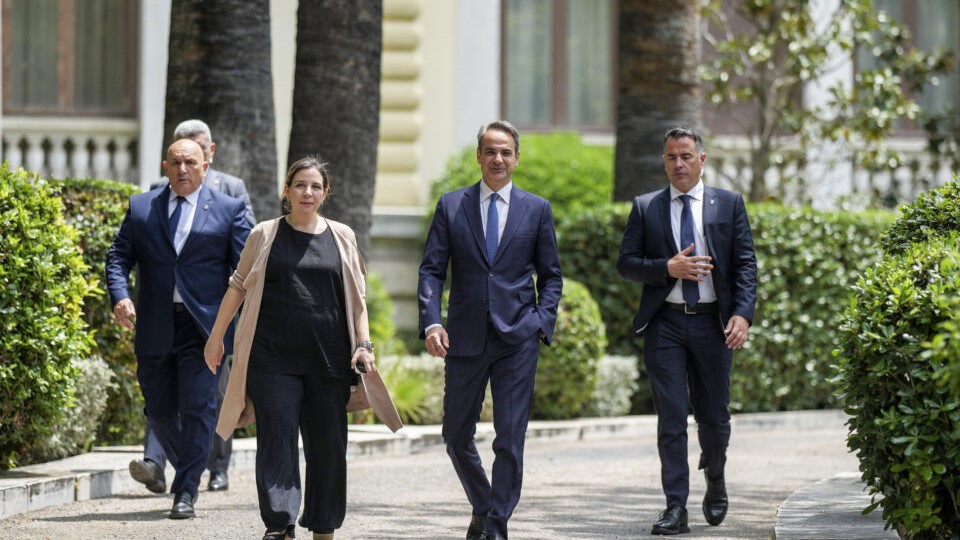Greece faces new national elections as early as June 25, with incumbent Prime Minister Kyriakos Mitsotakis confirming on Monday he would not try to build a coalition government.
During Sunday’s election, Mitsotakis’ conservative New Democracy party took a commanding lead of 40.9% (up from 39.9% in the 2019 election), trouncing SYRIZA at 20.1% (down from 31.53% in 2019).
But due to the current electoral system of proportional representation, Mitsotakis’ 40% vote share was still not enough to secure a majority of the 300 seats in parliament, meaning he would either have to seek a coalition partner from a smaller party, or head to a second election.

Mitsotakis declined to seek a coalition on Monday, paving the way for a second vote no later than July 2 that he hopes his conservative party will win outright. The electoral system will revert to boosting the first party with a bonus of up to 50 of Parliament’s 300 seats.
“I can effectively see no way for the current parliament to form a government,” Mitsotakis said in a brief televised exchange.
“The country needs a strong and stable government with a four-year mandate and as soon as this is settled the better.”
Greece’s President Katerina Sakellaropoulou formally gave Mitsotakis a mandate to try and form and form a government on Monday, but the PM said there would be no point and returned the mandate.
The mandate will now pass to SYRIZA leader Alexis Tsipras, and then to PASOK leader Nikos Androulakis — neither of whom has any realistic chance of success. Each will have a maximum of three days to try to form a coalition. Once all options are exhausted, a senior judge will be appointed caretaker prime minister and new elections called.
Source: AP News and Ekathimerini.

